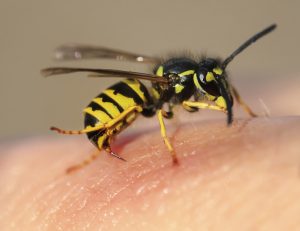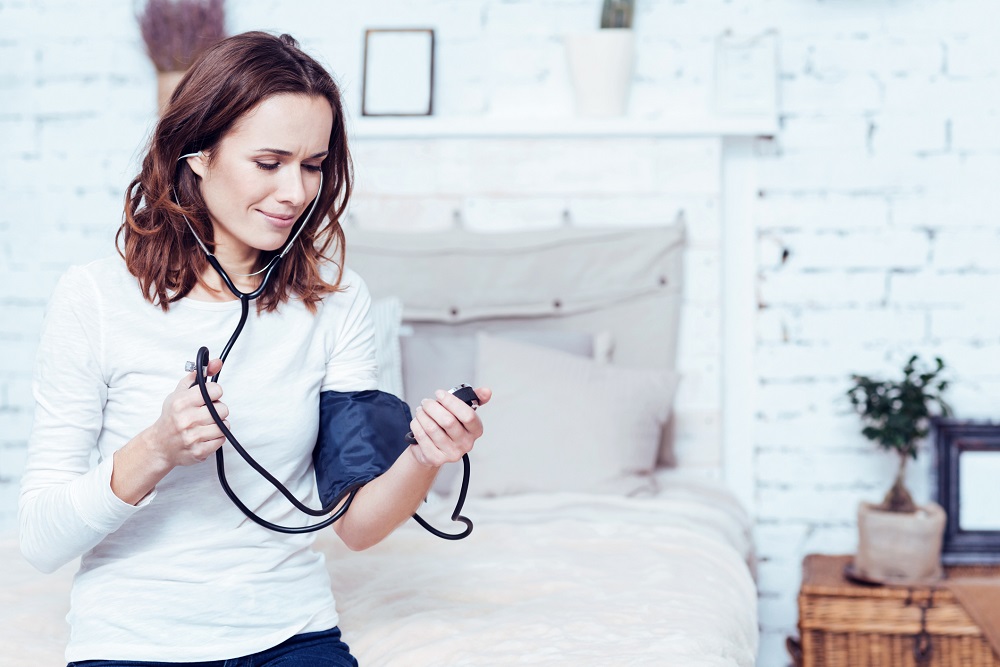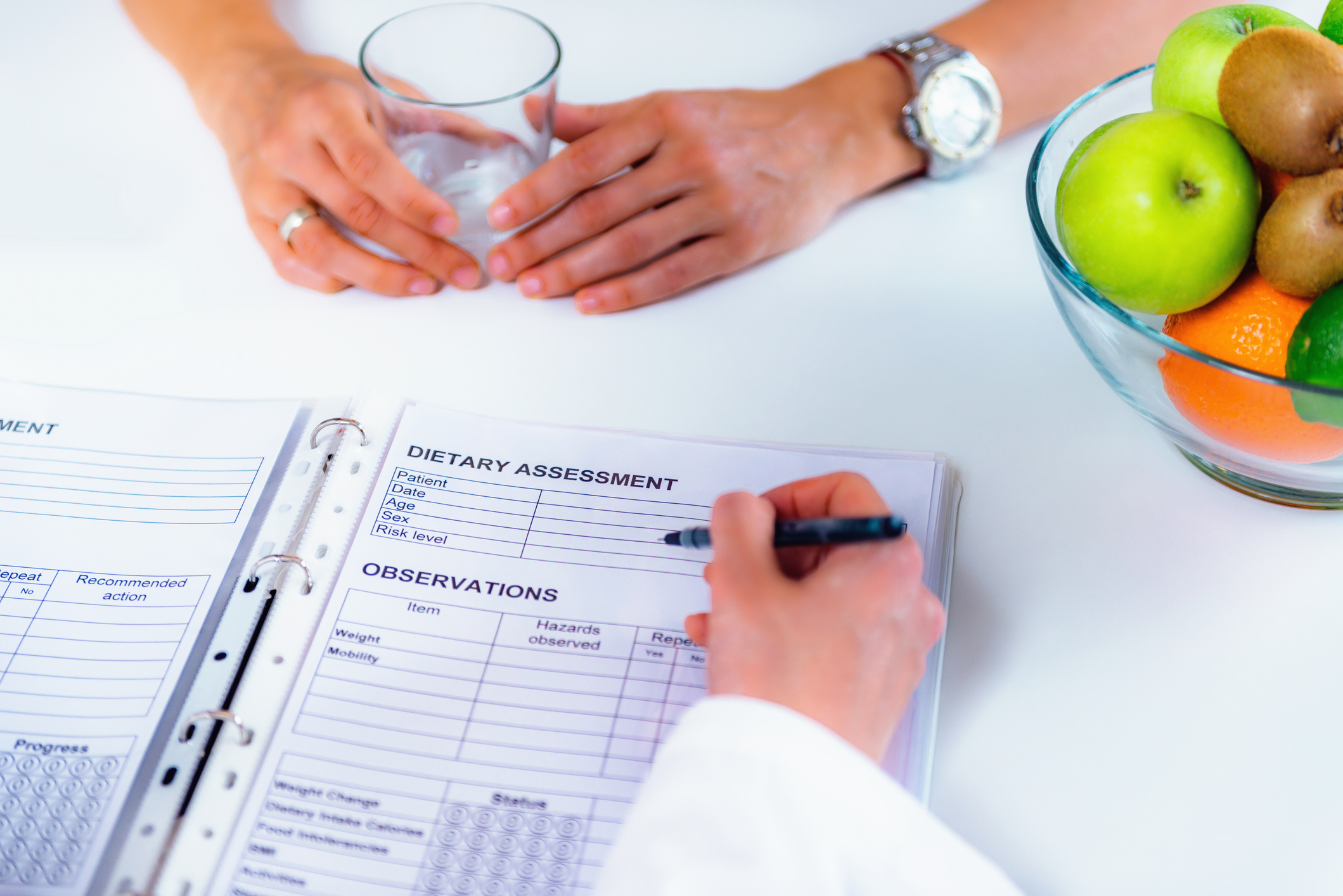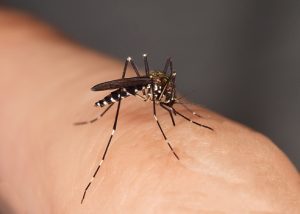With temperatures dropping and crisp air abounding; the fall season is a great time to begin a fitness regime.
Some tips for how to start you fall fitness routine are:
Change it up – The fall season is a great season to spend time with family and friends while taking part in physical activities such as walking through apple and pumpkin patches, corn mazes or trails.
Participate in fun runs – The fall season is when organizations plan their fun runs. You can participate in a 5K, or a turkey trot. If you get a group together, it can further motivate you.
Appreciate fall foliage – The fall season brings with it lots of colored leaves. Local parks usually have trails to walk, run or ride a bike on.
Go to a farmer’s market – Fall brings lots of root vegetables into season. Take a bike ride and stop at local farmer’s markets to pick up some healthy, tasty fruits and veggies.
Rake the lawn – In the fall season, even chores can be a really good workout. Activities such as raking the leaves can provide great cardio exercise.
As you can see, fall offers several opportunities to stay active and create good habits that will last with you throughout the upcoming holiday season and winter months.
All content of this newsletter is intended for general information purposes only and is not intended or implied to be a substitute for professional medical advice, diagnosis or treatment. Please consult a medical professional before adopting any of the suggestions on this page. You must never disregard professional medical advice or delay seeking medical treatment based upon any content of this newsletter. PROMPTLY CONSULT YOUR PHYSICIAN OR CALL 911 IF YOU BELIEVE YOU HAVE A MEDICAL EMERGENCY.










